
The Post Secondary Transition Podcast
A podcast focused on the ins and outs (and everything in between) of the secondary transition process for families of students with disabilities! Hosts Meghan (Smallwood) and Patrick (Cadigan) serve as supportive guides, leading families step-by-step up each rung of the transition ladder.
Also check out our parent website: https://www.postsecondarytransition.com
The Post Secondary Transition Podcast
068. Resource(s): Assistive Technology
For this week, hosts Meghan (Smallwood) and Patrick (Cadigan) focus more at a local level to discuss resources around Assistive Technology (AT). They emphasize the importance of understanding AT needs which can range from low-tech to high-tech. They highlight local resources and some of the benefits they can provide. They also parallel their conversation with some potential supports for home modifications for families in need. Join the conversation!
Episode Keywords:
assistive technology, transition process, special education, IEP team, low tech, mid tech, high tech, funding sources, DDA, Medicaid, SSI, equipment connections
Links:
Transition Tools (page)
Maryland (specific) Links/Supports:
Loan Closet of Howard County (site)
Equipment Connections for Children (site)
Howard County Transition Commission (site)
Maryland Assistive Technology Reuse Center (site)
Rebuilding Together Howard County (site)
Maryland Access Point (site)
To download a copy of a transcript for this episode or any of our previous conversations, click here.
Also visit our Podcast webpage to find links to all of our other discussions; go to www.p2transition.com.
Additional information about post-secondary transition can be found at our website.
The Post-Secondary Transition Podcast Facebook page.
Visit our YouTube Channel to find additional video resources.
Intro/Outro music by AudioCoffee from Pixabay.
Transition music by Joseph McDade from Transistor.
Welcome, this is the Post Secondary Transition podcast where we have conversations around the ins and outs and everything in between of the transition process for families of students with disabilities. I'm one of the hosts. My name is Patrick Cadigan, and I am a public school transition coordinator. As always, I have a co host, and who would that be?
Meghan Smallwood:I am Meghan Smallwood, and I am also a public school transition coordinator. So today, we wanted to explore the world of assistive technology and some of the resources that are available to support our friends with disabilities as they transition from the school system into adulthood. For many of them, turning 21 can really mark a significant milestone. It's the point when students age out of special education services, and that also includes the assistive technology devices and support that they've received for so many years. So we really wanted to shine some light on at or assistive technology and some of the organizations that can help individuals with disabilities navigate that shift into the workforce, higher education and daily life after school. We wanted to also highlight what to think about with this area when you work through the transition timeline.
Patrick Cadigan:And now in this particular case, before we begin the discussion, we wanted to preface out that we're being super specific to our area, because so much of transition is very individualized to the area that you live in. So our recommendation, or what we're going to throw out, is you would be surprised what you can find using a search engine like Google. So if this topic is something that you are starting to explore, make sure to use all the resources at your disposal, the internet, local agencies, maybe your CCS, who could point you to local stuff, your special educator, and if you happen to have it supported in your district, the transition coordinator. Now, before we get started, though, we wanted to make sure to have a quote, unquote, working definition of what at is so assistive technology refers to tools, devices or equipment designed to help individuals with disabilities perform tasks more independently and effectively. Now, these technologies can range from simple low tech stuff to complex high tech systems, depending on what the user needs. Examples, low tech could be pencil grips, visual schedules, magnifying glasses. Mid-tech...
Meghan Smallwood:Yeah.
Patrick Cadigan:...could be audio recorders, adaptive switches, hand held, spell checkers. High Tech would be screen readers, voice to tech, software powered wheelchairs or communication devices. But do not misunderstand, there's a whole plethora, a whole wide range. So again, with that being said, let's get going. Meghan, where do we start?
Meghan Smallwood:Yeah, so I know you threw out some examples of at and just keep in mind, it doesn't always have to be very black and white. I mean, at is a very individualized thing, like Patrick mentioned, so it can help with speaking, typing, writing, remembering, pointing, learning, walking. There's so many things out there, and that's the great thing about some of the organizations that we're going to talk about they really will help you brainstorm and see what is out there and give you an opportunity to try but I'm getting ahead of myself when we start with the timeline in general, you want to make sure you're aware of what kind of software or equipment that your young adult is actually using in the school system. That information can usually be provided by the IEP team or found in the IEP. So every year, when you have your annual meeting, they'll kind of go over what accommodations, what supports, are being used, and what's helpful, and they'll even tell you what might not be helpful anymore and might need to be removed from the IEP. And that's not a bad thing. That just means they've grown out of it, or now they're in an independent level where they don't need it. So keeping that information in mind and talking to your IEP team will be very helpful, especially your speech pathologist. When families start thinking about exiting and what's going to happen to that device or assistive technology piece, they worry that it's just going to fall off the ledge, just like you know, a lot of things tend to do with transition. So the speech pathologist can sometimes offer guidance on how to follow through with that. With our area, and we've talked about DDA, or the Developmental Disabilities Administration, being that main source of funding. After 21 it is an option to have it funded however they like to be that last resort for funding. They're going to ask you. Your coordinator will ask when you meet, what other avenues you've tried to fund this assistive technology through first sometimes private insurance will pick it up. So that is an area to explore. If you have Medicaid, which, if you are going to be funded by a DDA, you most likely will already have that in place. Sometimes Medicaid can help fund that. SSI money, if your young adult is receiving SSI, that money can be put towards it. There's other one time sources, like list funding, I think we've talked about in the past, that can be used towards it as well. So there's a number of things to explore. And again, if you're not local to our area, going online or using your resources to explore it, you can kind of piecemeal it together to figure out where it can come from. Now, if none of those are going to cover it, and you do have to rely on DDA, or that long term funding source, it is something you can explain the need for, and it can be included in a person centered plan. There is an area of service that they will provide that for. The other thing to know is, if you have, for example, like a communication device, and your young adult is using a specific program you want to talk to your speech pathologist to get as much detail as you can about that program and how it's set up, and if there's a certain template that they're using, how you can make sure it's transferable. So you're picking up where you left off, and it's not a whole new thing. So just keep that all in mind.
Patrick Cadigan:And I will throw out there that I am experiencing this with one of my existing families as my student is preparing to exit. I had a conversation with the parent, with the speech language pathologist and with the autism adult life planner, and again, just making sure that everyone was on the same page and understanding that as my student is exiting out of the school system, he would be losing that provided iPad. But there is a plan in place, so sometimes it's just bringing up the conversation and making sure that everyone is on the same page. Now, with that being said, Meghan for our area, or what are some of the resources that families can use to help them with assistive technology.
Meghan Smallwood:And while I talk about transition, I mean these resources are available well before 21 two. So if you are a family of an individual who's just charting 14, you can definitely access these. So the Loan Closet of Howard County, which is it, falls under the division of Disability Services. They're a local county resource that really helps to take in those gently used equipment. So if you have equipment that your child has grown out of, and you're looking to figure out what to do with it. This is actually a great opportunity to use. They will sanitize, refurbish and redistribute them to different county residents free of charge. They have a lot of equipment that's medical equipment, so things like Shower chairs, wheelchairs, walkers, bedside rails, but they do also carry a lot of equipment that Medicare won't pay for. They have a huge catalog. I've explored it, and I was very impressed that their loans are offered on a 90 day basis to start. They do offer a demonstration room at their actual location, so that you can go in and look at the different types of equipment for a specific disability. So for example, if your young adult has low vision, you can go in and explore what's available that you might not have been aware of. It's also an opportunity for people to try out some of these specialized equipment before actually going out and purchasing it on your own. If that's what you intend to do, rather than go and just spend a whole bunch of money on something that you're not aware if it's even going to be a good fit, you can go and talk to somebody here and really find out about it and try it out so their catalog can actually be viewed online, and we're going to attach the link in our show notes...Patrick?
Patrick Cadigan:Of course, we are.
Meghan Smallwood:Perfect! So you can always go on and and check out their catalog, which I think is updated pretty frequently based off of what is going out to be loaned, what's coming in. And they have a simple referral process that you can fill out beforehand, which will have a doctor or physical therapists section to fill out as well, just to justify the
Patrick Cadigan:Yeah, it's going to be a lot more simple to need. check out either the show notes or even our Facebook feed for this. Because, you know, I seriously doubt that anyone's really going to remember Howard Countymaryland.gov/disabilityservices/loancloseequipment, but check it out, it will be there.
Meghan Smallwood:You can even Google Loan Closet Howard County, and it will pop up for you.
Patrick Cadigan:So we've got Loan Coset of Howard County. What else can families look forward to?
Meghan Smallwood:So similar to Loan Closet, there's actually the Equipment Connections for Children, which has been in Maryland for over six years, in Howard County, specifically, since 2020 so they take in a lot of pediatric adaptive mobility disability equipment. So again, not just for our transition years. This is well before, and they will refurbish them and provide them to families for free. They rely on a lot of grants for funding, so they're not buying any equipment. This is all recycled. And equipment connections really prides themselves on being that reuse organization. Their loans are in six month increments, but it really can. Be extended for as long as a family needs. They're not going to just grab it back from you if it's really working for a child, some of their clients with the equipment may be due to injuries or might have a temporary disability, but they said the vast majority are children with lifelong issues, similar to loan closet everything's done online. You can go and check out their catalog as well, and a diagnosis or doctor's referral is not needed for them, which is different. So they really encourage any case manager or health professional that's working with a family to help them to recommend this. But their waiver process is built into an application. All families really have to do is just read the terms and conditions, put their information in, and then they can have anyone pick up or drop off the materials for them, which I know with some of our families who might have trouble with transportation. This is a great thing if you have a case manager or someone you know on your side who's willing to just bring it over. They don't have delivery or pickup services at this time, but they are very flexible, obviously. And again, you can go to their website, which is a little shorter than the loan closet. This one is just www.quipforchildren.org, and they update weekly based off of what they have.
Patrick Cadigan:Yeah, way easier to remember.
Meghan Smallwood:That was a really neat one that I heard about. And I was like, I need to make sure more families are aware of this, because it is another great opportunity. I've met so many families over the years who you know they're being recommended things that the child could use, but I think financially, get it to struggle. So this is a great option.
Patrick Cadigan:And then one question that I have is, how did you come across these resources?
Meghan Smallwood:So the Howard County Transition Commission, which is one of the commissions offered I sit on as a co chair, and we had representatives from each of these organizations come to share information about them, and it was a great opportunity. And I've, I've known about, like, the loan closet, but I really didn't know the specific details and the fact that they had that that room that you could go to try out different equipment. So once I heard about it, I was like, more people need to be aware well.
Patrick Cadigan:And if I remember correctly, our location recently had a transition fair, and didn't someone show up to that?
Meghan Smallwood:We had the Maryland Assistive Technology Center come.
Patrick Cadigan:Okay, so once again, though, a resource that families could potentially use in the future are those transition fairs, because...
Meghan Smallwood:Correct, yeah.
Patrick Cadigan:...it is possible that, you know, again,
Meghan Smallwood:Oh we do. So, speaking of the Maryland all different resources. So, okay, good, moving forward. Yeah, positive, positive step there. All right. So do we have, do we have another one? Assistive Technology Center, they actually have a reuse center as well, which is located within the Loan Closet, and they will offer 30 day loans and have a library of equipment as well, which includes items for reading, vision issues and specialized alarms. Even on their website, they have their catalog listed as well under inventory. And although this is only open for Howard County residents as well as employees and their families. If there is someone who's outside of our county, they have a statewide program that they can be connected with, and this location at the loan closet is a pickup site for the state program, so it is open to more than just Howard and again, like we've said, it's just a matter of making connections and seeing what's out there, and doing little research, you'll be able to find something. So with them, there's two ways to drop off equipment if you are donating, and they have their location. But they also have a shed at one of our landfills. It says lone closet, so they make it really accessible for families if you're willing to donate, and again, you know, pick up as well. So, yeah, that was just something else I wasn't aware of. And I feel like that might be the assistive technology is something we can always go further into, but there's just a little sampling.
Patrick Cadigan:Needless to say, the last thing I was expecting was to have a discussion around AT and talk about one of the drop-off locations being at a landfill.
Meghan Smallwood:That one was surprising. I was like, I never noticed that before, but okay. Good to know.Yeah, learn something new every day. Now, let's see one other resource that I think that in our in our lead up to this discussion that you had thrown out there. Now this is not specifically related to AT but... Yeah.
Patrick Cadigan:....but kind of runs parallel? What was it that we were discussing?
Meghan Smallwood:Right. It's not providing 18 necessarily, but for those individuals who might have some, you know, more Nice; now for the uninitiated, though, we did run across some complex, AT needs; Rebuilding Howard County, they offer free repairs for individual. Individuals and low income housing, and they will provide home modifications for families. They work with grants from the Department of Aging, and I know they've done a lot of modifications for seniors over a three year period. But when we look at our transitioning youth with disabilities, or any other family with an individual disabilities, they work to make sure the house is accessible, and that could be including wheelcha ramps, bathroom modifications, you know, taking up carpeting and putting laminating floor, if that's, you know, a little easier for someone with mobility issues, grab bars and railings. There's a whole slew of things that they've helped families and individuals with over the years, and really their requirement is that the family ham is in low income housing, so might have an average income of $29,000 or lower each year, live in the county, have own their home and have homeowners insurance. Rebuilding Howard County has been in our county for 32 years, and they mentioned that they typically repair about 150 houses a year. Again, they rely on grants, but they get their referrals from the map team, which I know we've used that for other waivers and support for families such as like the Community First Choice waiver with Medicaid. You know, that's a map recommendation, and they will perform repairs for local nonprofit organizations too, such as some of our day programs and agencies in the county, they only have a staff of four people. They're also located in loan closet, but they really will assist, and they do urgent repairs, and have a handy team, handy man team as well, but they have a monthly newsletter and can be found on social media, and they're a great one to stay connected with it. That is something that you know might be a need. I've had a family over the years who it was a struggle, because the daughter, as she was getting closer to transitioning age, was getting bigger, and the mom was a single mom, and could not get her up and down the stairs, and had to pay out of pocket to have someone come and support her with that. So this was something that really could have been beneficial for her, just to get a wheelchair ramp and help with that need that she what I always affectionately refer to as acronym vomit. You had. So I just wanted to make sure everyone was aware and additional information about them, including an application can be found at rebuildingtogetherhowardcounty.org. had said that the referrals are received through the MAP team, M, A, P, what is the MAP team? Oh, now you're going to put me on the spot. So map stands for Maryland Access Point. They are able to, like talk through with you about your needs and link you to different health and support services.
Patrick Cadigan:Very cool. All right, so, yeah, it's once again, I have no doubt that there's probably more that we could dive into at a later time.
Meghan Smallwood:Yeah, I just want to make sure assistive technology is not one of those things that's lost in translation through transition or thought about at the last minute. It should be, you know, years of planning and thinking ahead. So just keep that on the back of your mind along with everything else you're thinking about. But just make sure that you know it's, it's something there.
Patrick Cadigan:Definitely good stuff.
Meghan Smallwood:As always, you'll find links to the information from our conversations in our show notes. We would love for the information from this and all our other discussions to reach as many families as possible, and we need your help to do that. You can find our conversations at wwwp2transition.com, like, follow, share out the podcast. Our conversations are posted to all the major platforms, including Apple podcasts, Spotify, YouTube music, and that's just naming a few. So please share and share often.
Patrick Cadigan:Please check out our YouTube channel. We've done some of the legwork for you by curating videos of topics that revolve around transition. We have playlists for guardianship, alternatives to guardianship, ABLE accounts, and there's more to come. So please be sure to subscribe there as well. And finally, check out our website, which is full of information and links to resources around the transition process. Open your web browser of choice and surf to www.postsecondarytransition.com we thank you so much for the time that you've spent with us, and look forward to talking again soon.
Podcasts we love
Check out these other fine podcasts recommended by us, not an algorithm.
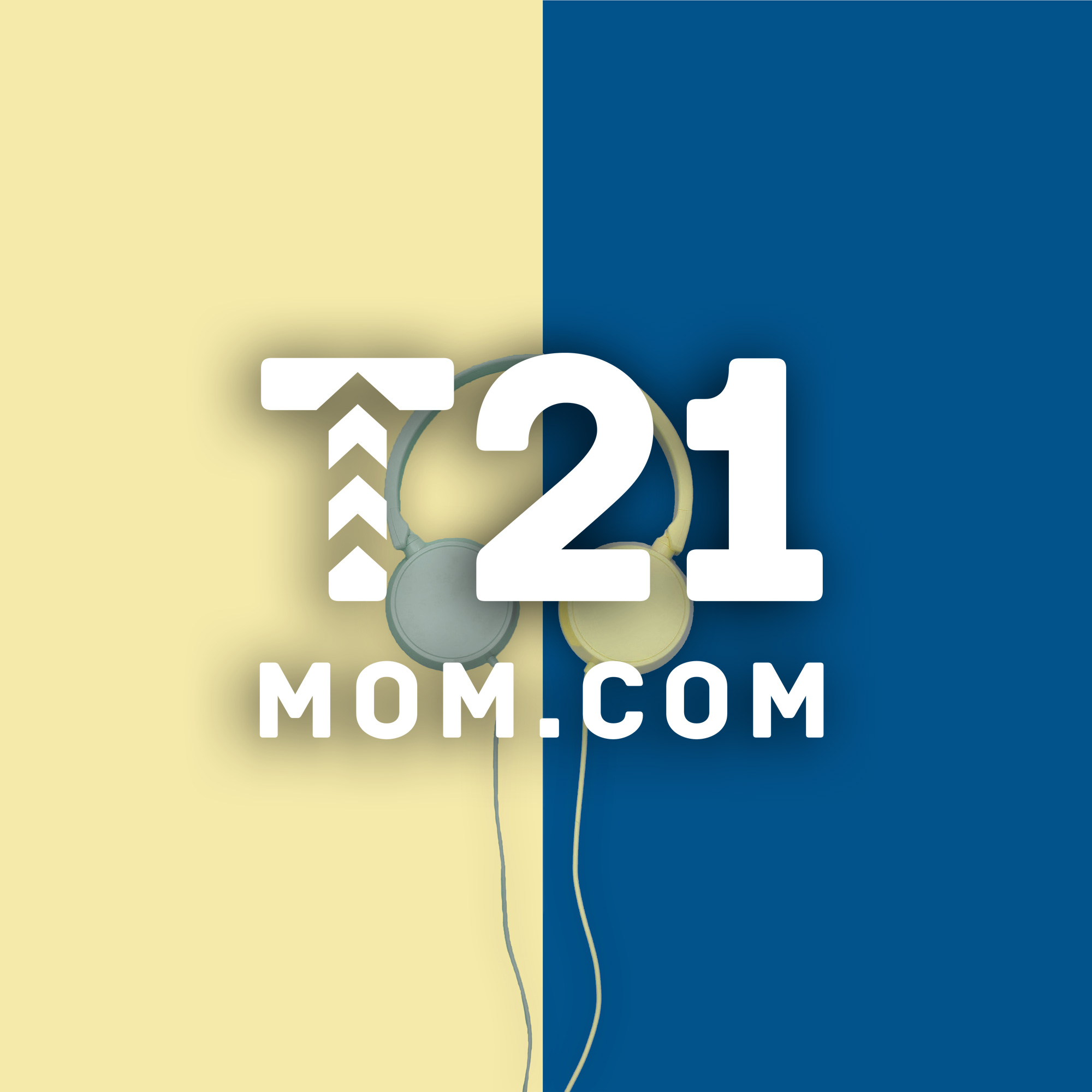
T21Mom-A Down Syndrome Podcast
T21Mom.com
The Collaborative IEP
Ashley Barlow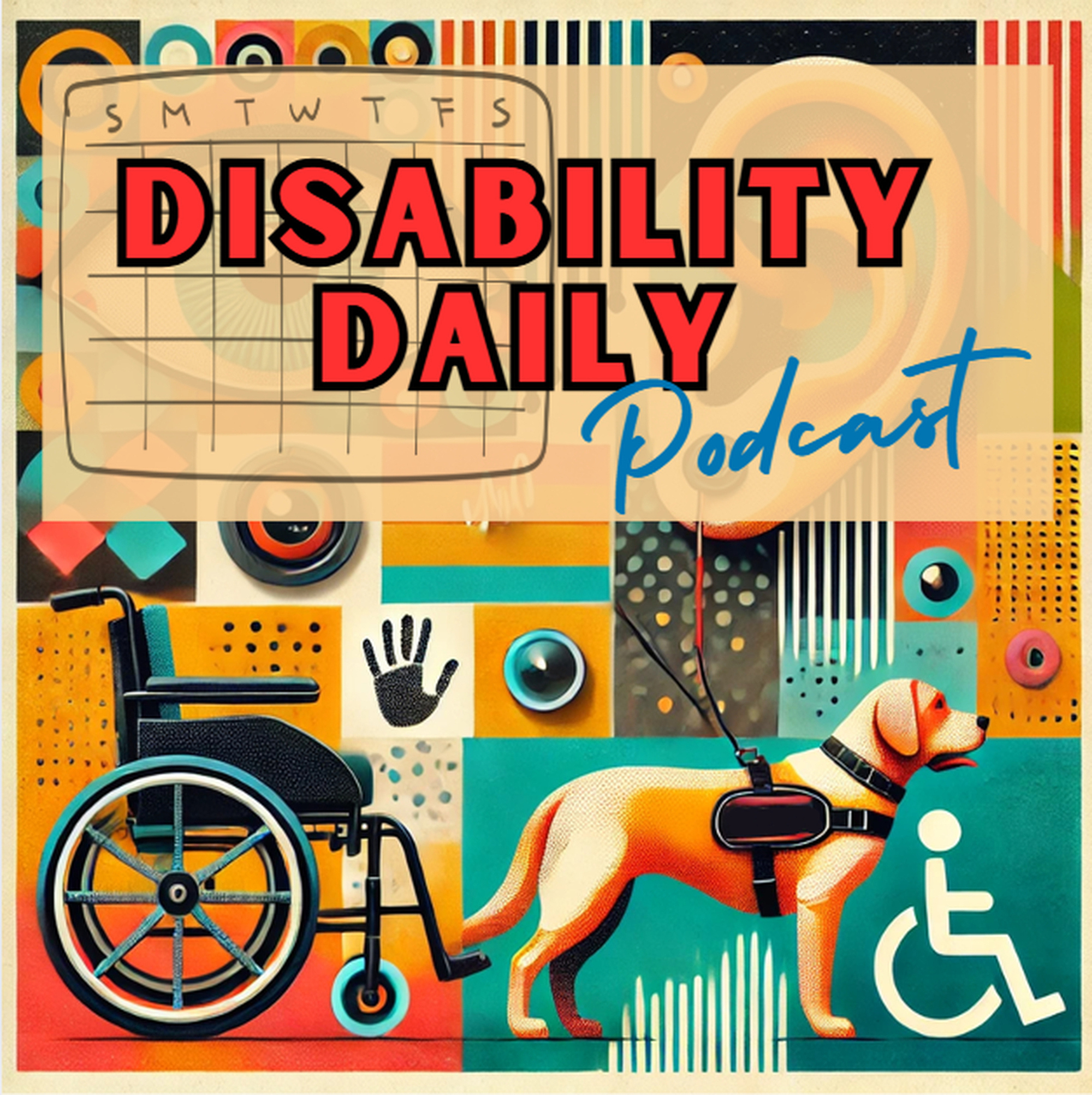
Disability Daily Podcast
Katie Healey, PhD, CPACC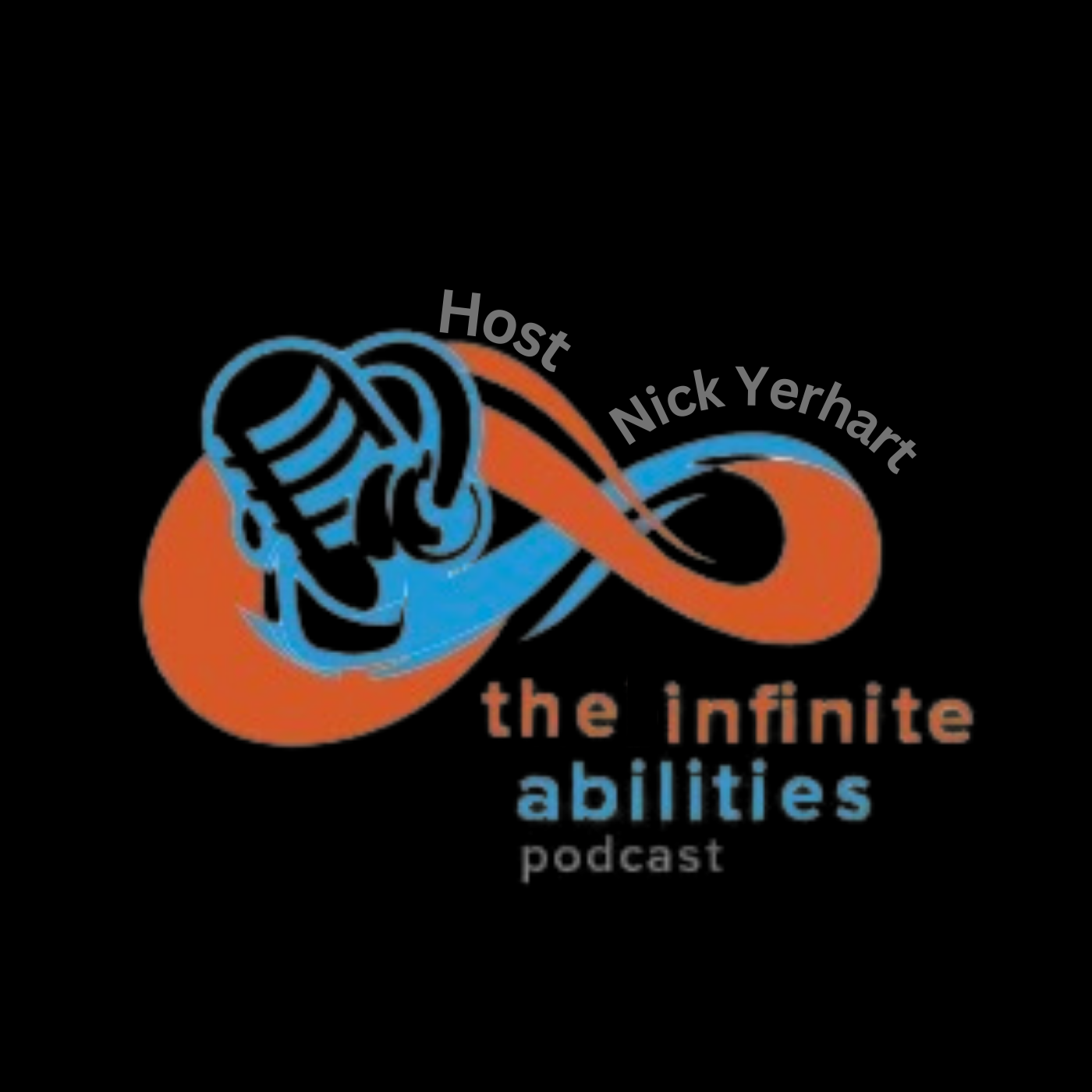
The Infinite Abilities Podcast
Nick Yerhart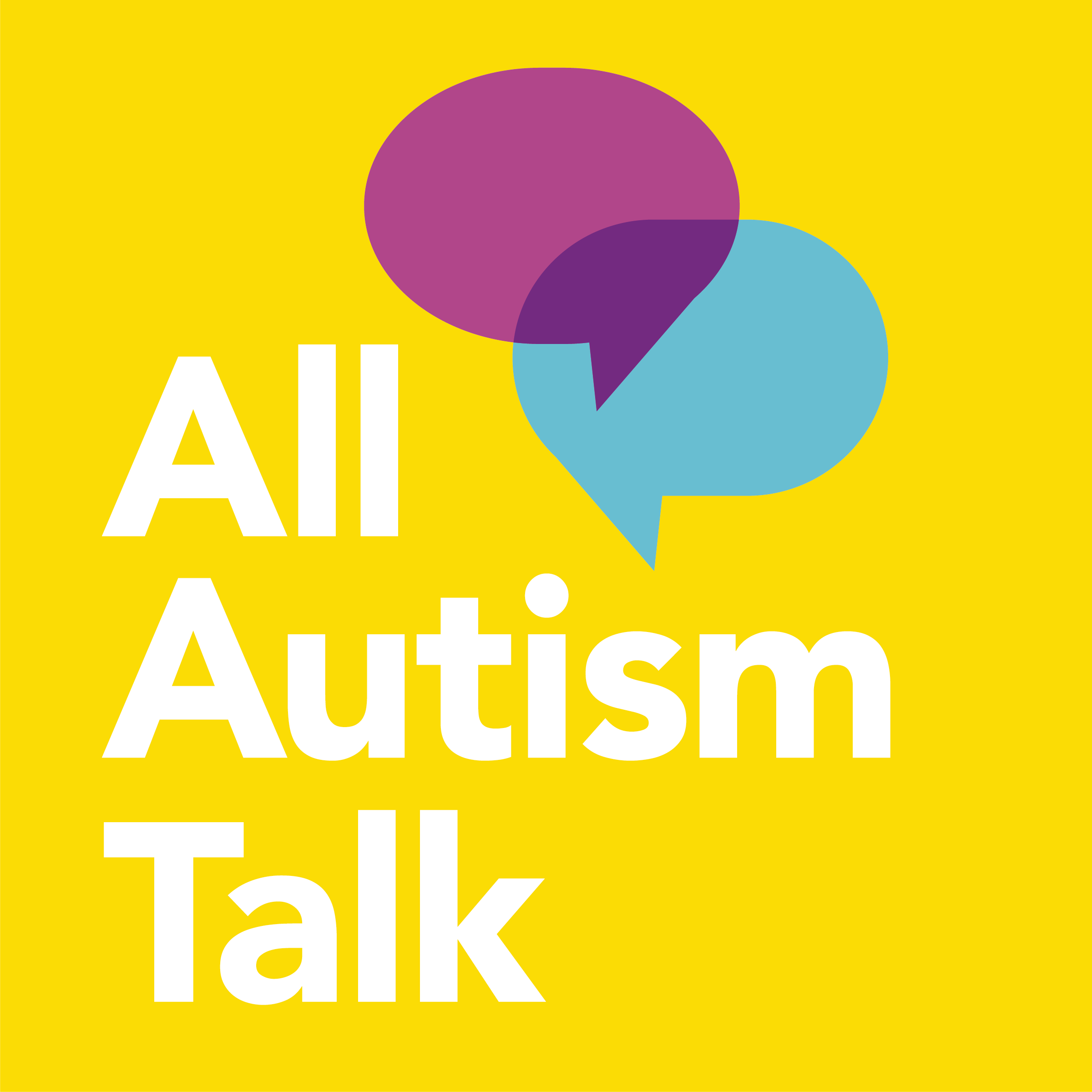
All Autism Talk
All Autism Talk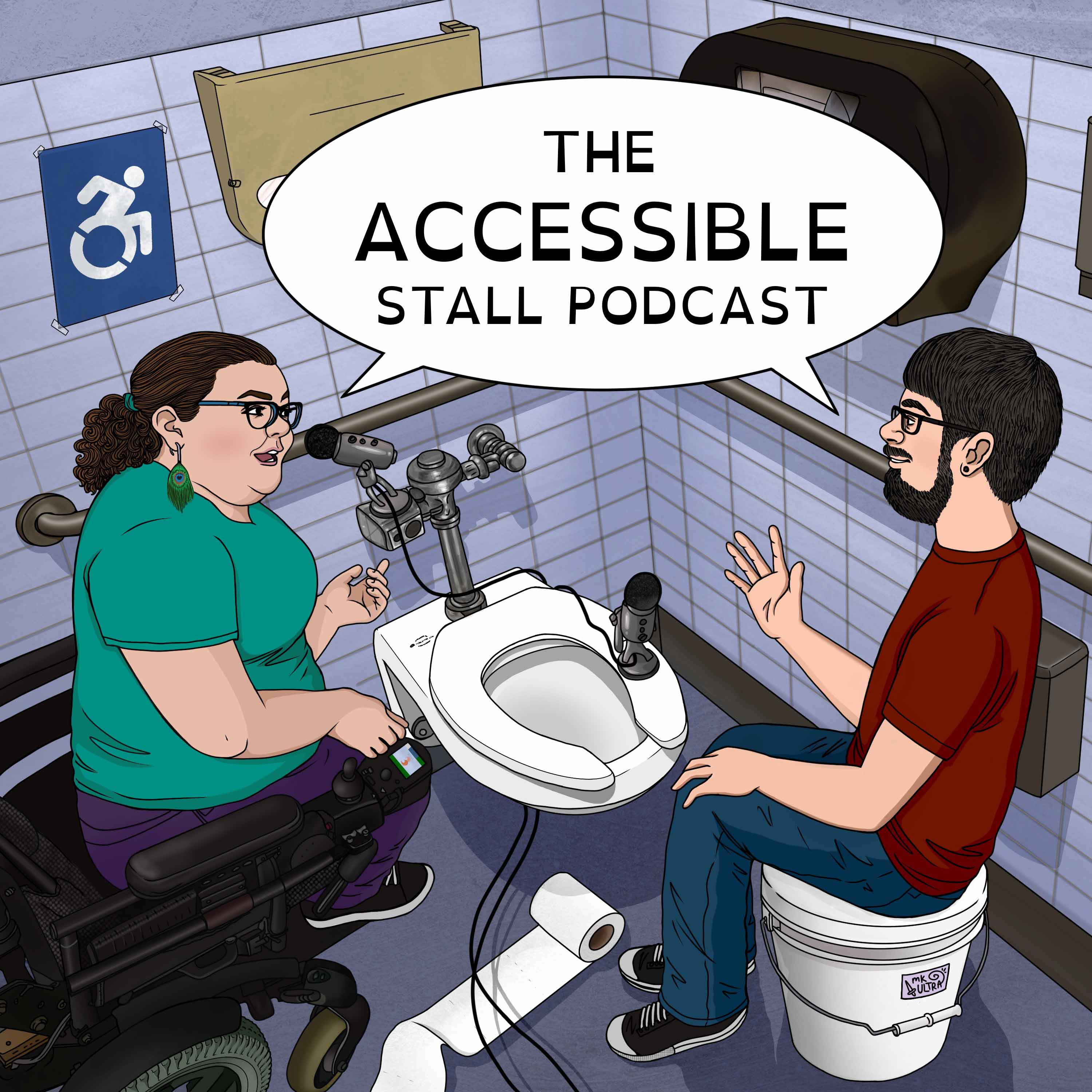
The Accessible Stall
Kyle Khachadurian and Emily Ladau
Disability Deep Dive
Disability Rights Florida
STAY Tuned: Supporting Transition-Age Youth with mental health conditions
STAY Tuned at Transitions to Adulthood Center for Research
Moms Talk Autism Podcast
Shannon Korza, Brittney Crabtree, Tash Dillmon, and Jean Mayer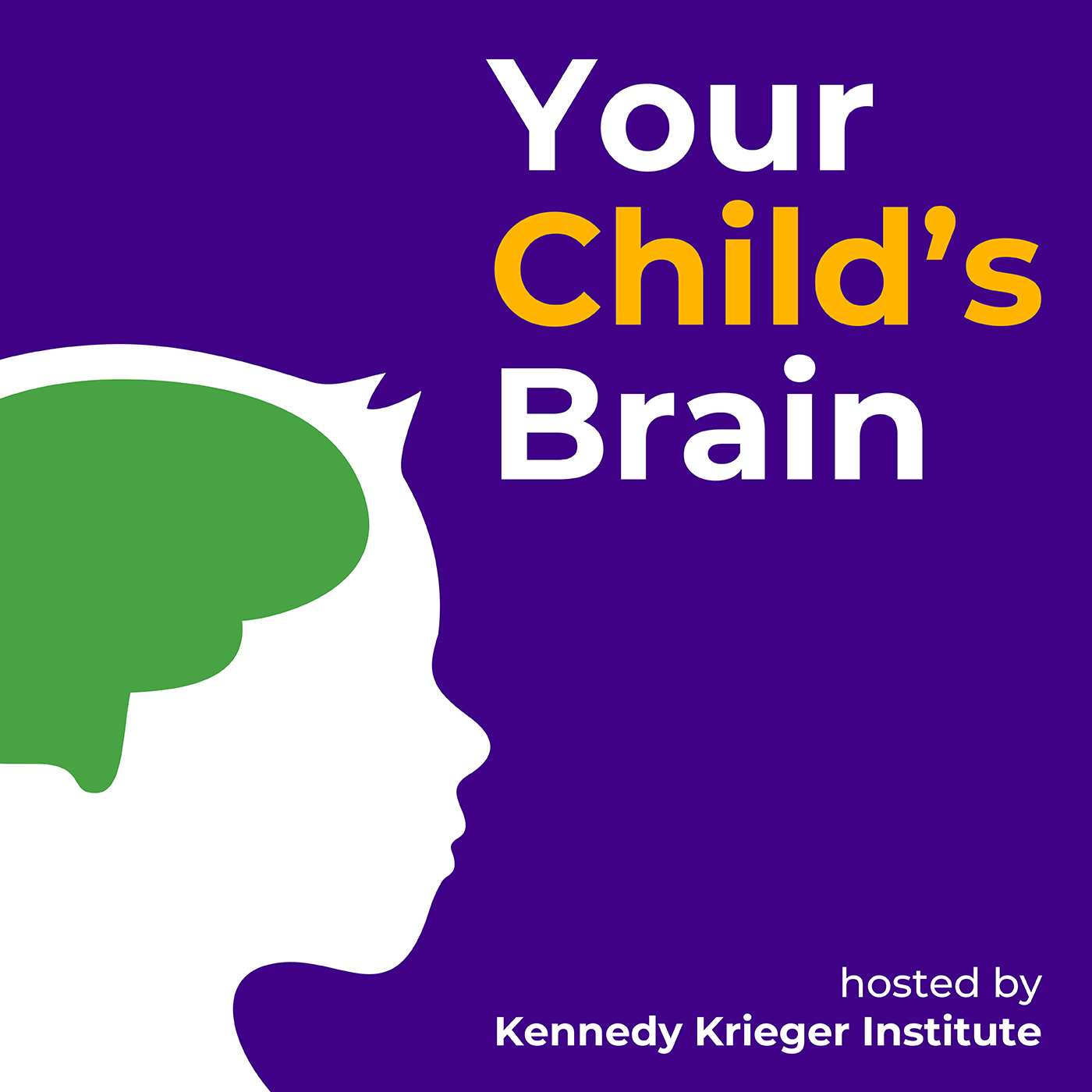
Your Child's Brain
WYPR Baltimore


